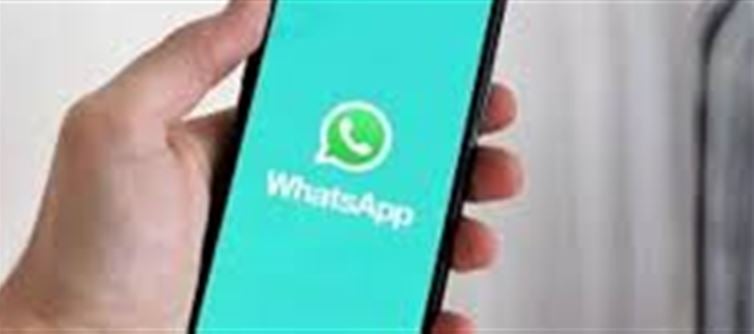
In an exciting update that could significantly change the way we use WhatsApp, the popular messaging platform is reportedly gearing up to allow users to create custom @username handles. This move would mark a major departure from the app’s long-standing reliance on phone numbers as the primary way of identifying users.
Here’s everything you need to know about this anticipated feature and what it means for your whatsapp experience!
1. Why the Change?
For years, whatsapp has relied on phone numbers as the primary means of identifying users. While this has worked fine for the most part, it has also come with limitations:
· Privacy concerns: Many users have expressed discomfort in sharing their phone numbers with strangers or even acquaintances, especially for business or professional chats.
· Limited flexibility: It restricts users from having a unique identity on the platform, especially for those using whatsapp for business purposes or content creation.
Now, @username handles will offer a more personalized and private way of interacting with others, without the need to expose personal phone numbers.
2. How Will the @Username Handles Work?
· Customizable Handles: Similar to other social platforms like twitter and Instagram, you’ll be able to create a unique @username that reflects your brand, persona, or personal identity.
· Changing Your Username: It’s expected that users will be able to change their usernames anytime, providing more flexibility for personal or professional use.
· Privacy Focused: Instead of relying on phone numbers to communicate, you’ll be able to share your @username with others, giving you more control over who can contact you.
· Group Chats: Expect to see @username handles in group chats too, allowing for more ease of identification, especially in large groups.
3. What Does This Mean for Users?
More Privacy
For users who want to keep their phone number private, the @username feature will be a game-changer. You will no longer have to share your number to connect with friends, family, or business contacts.
Better business Communication
Businesses, influencers, and content creators will greatly benefit from this change. Having a unique @username can help establish a brand identity, making it easier for customers to find and interact with businesses without revealing personal contact details.
Easier to Connect with New People
Currently, adding contacts on whatsapp requires both parties to exchange numbers. With usernames, finding and connecting with new people or brands will be much simpler and less intrusive.
4. How Will This Impact WhatsApp’s Competitors?
WhatsApp's decision to move toward @username handles could trigger a significant shift in the world of messaging apps. Currently, platforms like Telegram, Instagram, and Snapchat already use usernames as the primary way to identify users, offering greater flexibility and privacy.
If whatsapp successfully integrates this feature, it may encourage other platforms to follow suit, setting a new industry standard for user identification.
5. When Will the Feature Be Available?
As of now, WhatsApp has not confirmed the official release date for the @username handle feature. However, rumors suggest that the feature could be rolled out in phases, with an initial beta test available to a select group of users before becoming available worldwide in late 2025 or early 2026.
Conclusion: A New Era for whatsapp Users
The potential introduction of @username handles marks a significant step forward for WhatsApp. By moving beyond phone numbers, the platform is embracing greater privacy and personalization for its users. Whether it’s for private chats, professional communication, or connecting with new people, this feature will likely bring more convenience, flexibility, and security to millions of whatsapp users around the globe.
Disclaimer:
The views and opinions expressed in this article are those of the author and do not necessarily reflect the official policy or position of any agency, organization, employer, or company. All information provided is for general informational purposes only. While every effort has been made to ensure accuracy, we make no representations or warranties of any kind, express or implied, about the completeness, reliability, or suitability of the information contained herein. Readers are advised to verify facts and seek professional advice where necessary. Any reliance placed on such information is strictly at the reader’s own risk..jpg)




 click and follow Indiaherald WhatsApp channel
click and follow Indiaherald WhatsApp channel